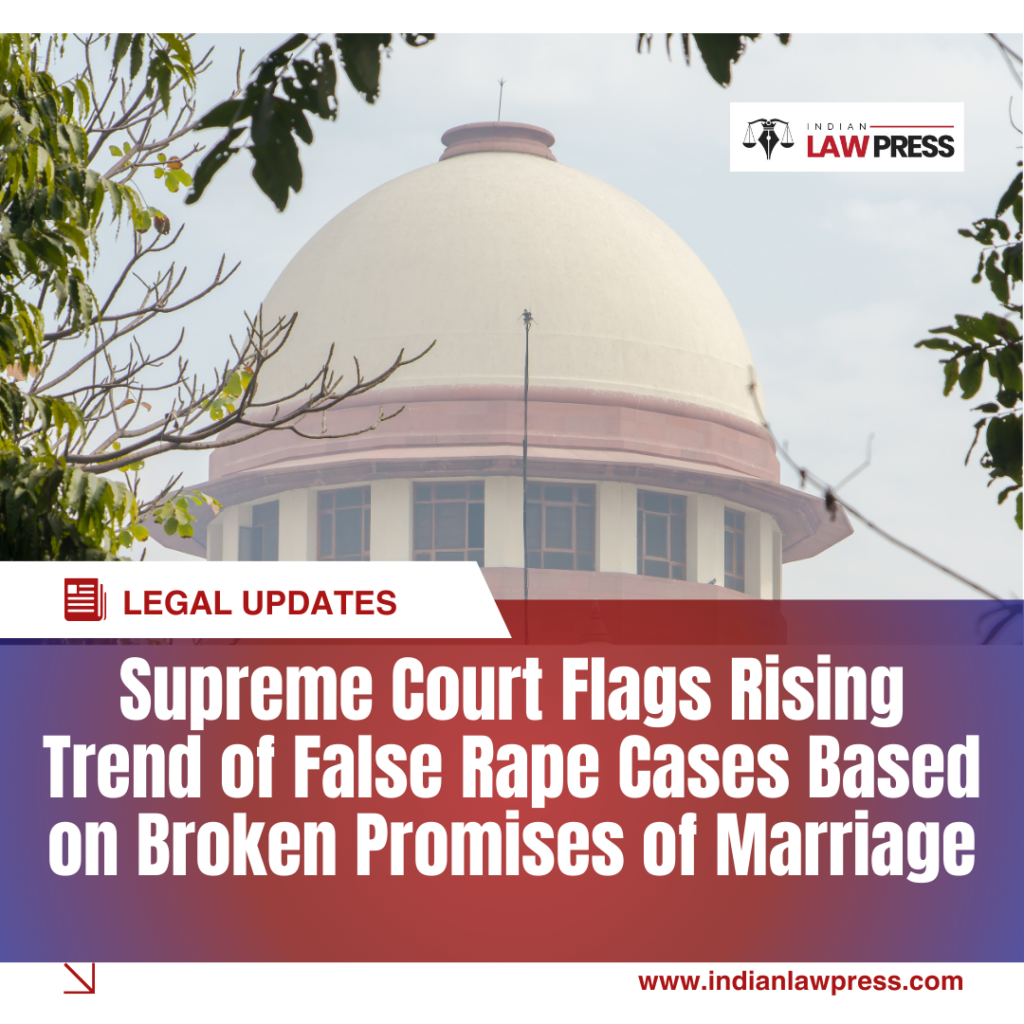 Cash-Transaction
Cash-Transaction
In a pivotal move to tighten the noose on tax evasion and unaccounted cash transactions, the Supreme Court of India has issued strict directives mandating the reporting of cash payments amounting to ₹2 lakh or more. This significant judgment aims to bolster the enforcement of the Finance Act, 2017, which prohibits high-value cash transactions.
The apex court ruled that whenever a legal suit involves a claim of ₹2 lakh or more paid in cash, the respective court is now obligated to notify the jurisdictional Income Tax Department. Similarly, if a property registration document discloses a cash transaction of ₹2 lakh or more, the sub-registrar must inform the concerned tax authorities immediately.
The Supreme Court bench, comprising Justices J.B. Pardiwala and R. Mahadevan, expressed dissatisfaction with the lax implementation of the Finance Act’s provisions. The Act was introduced to discourage large cash dealings and enhance financial transparency, yet loopholes and poor enforcement have allowed such practices to continue.
To reinforce accountability, the court added that failure on the part of any registering authority to report such cash transactions should be escalated to the Chief Secretary of the respective State or Union Territory. This could lead to disciplinary action against non-compliant officials.
This landmark judgment came during the hearing of a property dispute case between RBANMS Educational Institution, Bengaluru, and the Income Tax Department. It underscores the judiciary’s intent to act firmly against tax evasion and ensure that high-value transactions are properly scrutinized.
What This Means for Property Buyers and Litigants
- If you’re involved in a legal dispute or property transaction involving ₹2 lakh or more in cash, expect increased scrutiny from tax authorities.
- Legal and registration professionals must exercise due diligence and inform relevant authorities as required.
- This ruling enhances transparency and serves as a strong deterrent against unaccounted cash dealings.
Conclusion
This Supreme Court directive marks a crucial step in the ongoing battle against black money and tax evasion in India. By mandating that large cash payments be reported to the Income Tax Department, the court reinforces the government’s broader push toward financial accountability and digital transactions.
Read Also: Supreme Court Ruling on Lease Agreements: No Leasehold Rights Without Execution Registration





